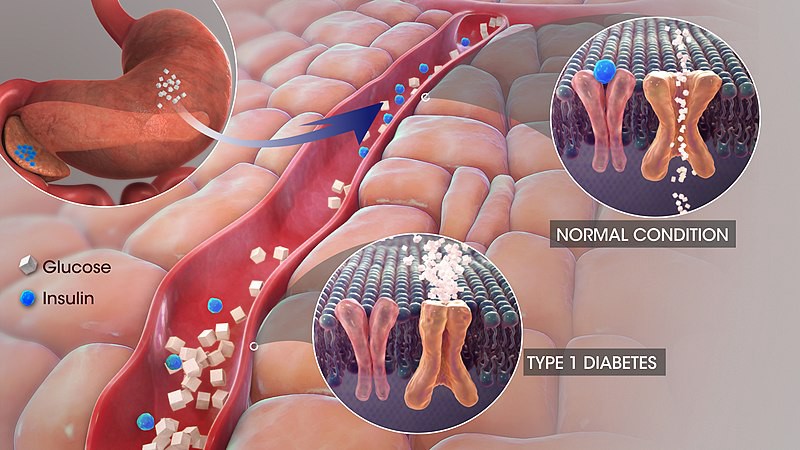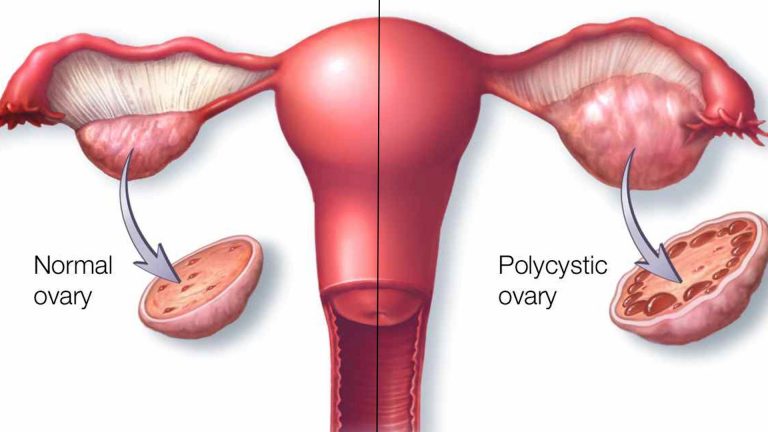Endocrine System Diseases Study Guide
Introduction
The functioning of various body processes, from electrolytes in the blood to the growth and development in adolescents, is controlled by hormones. Hormones act on cellular systems to regulate their functioning on a day-to-day basis.
A network of glands controls the hormones called the endocrine system. Whenever a person has a disruption in hormone balance leading to problems or diseases, it can be because of one of the many endocrine disorders.
What is the endocrine system?
The endocrine system is made up of a collection of hormone-secreting glands distributed throughout the body. The glands produce specialized proteins that affect bodily functions. Some endocrine glands include the pituitary gland, adrenal gland, thyroid gland, pancreas, etc. When these glands malfunction by producing excess hormones or a deficiency, the resulting imbalance causes endocrine disorders.
Common Endocrine Disorders
DiabetesDiabetes is the most commonly occurring endocrine disorder. It can be divided into Type-1 and Type-2 diabetes.
- Type-1 diabetes is an autoimmune disease where the pancreas stops producing insulin completely.
- In type-2 diabetes, the body develops insulin resistance, because of which the insulin produced becomes insufficient.
- Both types lead to poor regulation of blood glucose levels and long-term complications.
Hyperthyroidism and hypothyroidismThis is one of the endocrine problems caused by the imbalance in the production of the thyroid hormone.
-
Hyperthyroidism is a condition where the thyroid gland produces excess thyroid hormone. It can cause weight loss, nervousness, and fast heart rate.
-
Hypothyroidism is a condition in which the thyroid gland produces insufficient amounts of thyroid hormone. It can cause fatigue, depression, constipation, and skin problems.
Gigantism
Gigantism, also known as acromegaly, is a growth hormone disorder that causes excessive growth at an early age. Growth hormone, which is produced by the pituitary gland, is necessary for the growth of the body in childhood. In excess, it causes kids to grow abnormally fast and reach above normal height. Although it is rare, it can be easily seen on the outside by the abnormal height of the person.
Dwarfism
Dwarfism is the opposite of gigantism and is a hormone deficiency disease. It is caused by growth hormone deficiency in children. Although dwarfism is also rare in humans, it can be easily noticed by its short stature.
Addison’s Disease
Addison’s is a hormone disease that leads to fatigue, extreme weakness, and dehydration. It is caused by adrenal insufficiency, which is lowered production of hormones such as corticosteroids.
Polycystic Ovary Syndrome
Polycystic Ovary Syndrome (PCOS) is a common hormonal disorder in women between 18 to 44 (reproductive age). The condition interferes with the production and release of eggs from the ovaries. PCOS is a complicated endocrine disorder related to insulin production, excess androgens, and heredity factors.
Conclusion
- Endocrine system diseases are caused by improper regulation of the hormones secreted by various endocrine glands.
- Some of the diseases of the endocrine system include Diabetes, PCOS which people are most familiar with.
FAQs:
1. What is the most common disorder of the endocrine system?
Diabetes is the most common hormonal disease that affects people.
2. What are three types of endocrine disorders?
The 3 types of endocrine disorders are caused by:
- Hypersecretion by the glands
- Hyposecretion by the glands
- Hormone resistance
3. How many endocrine diseases are there?
There are about 48 types of endocrine disorders.
4. What is an endocrine condition?
An endocrine condition is any of the several hormonal diseases caused by the imbalance of hormone secretion by the respective endocrine gland.
5. Is PCOS an endocrine disease?
Yes, Polycystic Ovary Syndrome is one of the many complicated endocrine system disorders that affect women of reproductive age.
6. What is a primary endocrine disorder?
In a primary endocrine disorder, the dysfunction starts in the gland itself. The under-stimulation of the pituitary gland causes a secondary endocrine disorder.
7. What are hormonal disorders?
Hormonal disorders are conditions caused by improper secretion of necessary hormones by the glands of the endocrine system.
8. Is Lupus an endocrine disorder?
Lupus is an autoimmune condition that is associated with an increased risk of developing endocrine disorders.
9. What do endocrinologists treat?
Endocrinologists treat a range of endocrinology diseases such as diabetes, thyroid dysfunction, adrenal disorders, growth disorders, metabolic abnormalities, etc.
We hope you enjoyed studying this lesson and learned something cool about the Endocrine System Diseases! Join our Discord community to get any questions you may have answered and to engage with other students just like you! Don’t forget to download our App to experience our fun, VR classrooms – we promise, it makes studying much more fun!😎
Sources:
- 5 Types of Endocrine Disorders. https://www.healthonemedicine.com/blog/5-types-of-endocrine-disorders. Accessed on 25 Nov, 2021.
- All Endocrine Disorders. https://www.endocrineweb.com/conditions. Accessed on 25 Nov, 2021.
- Endocrine System Diseases. https://flexbooks.ck12.org/cbook/ck-12-biology-flexbook-2.0/section/13.23/primary/lesson/endocrine-system-disorders-bio/. Accessed on 25 Nov, 2021.
- Overview of Endocrine Disorders. https://www.msdmanuals.com/en-in/professional/endocrine-and-metabolic-disorders/principles-of-endocrinology/overview-of-endocrine-disorders. Accessed on 25 Nov, 2021.



